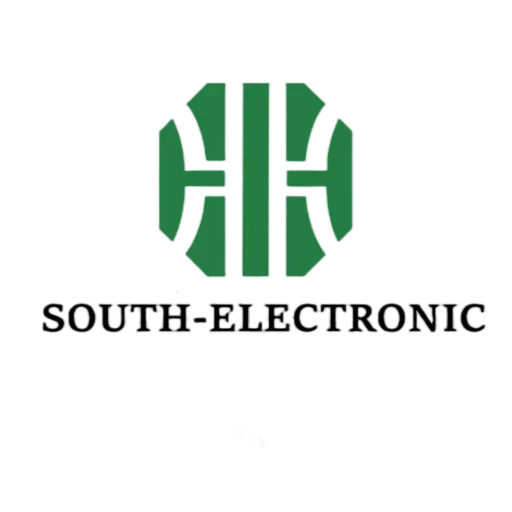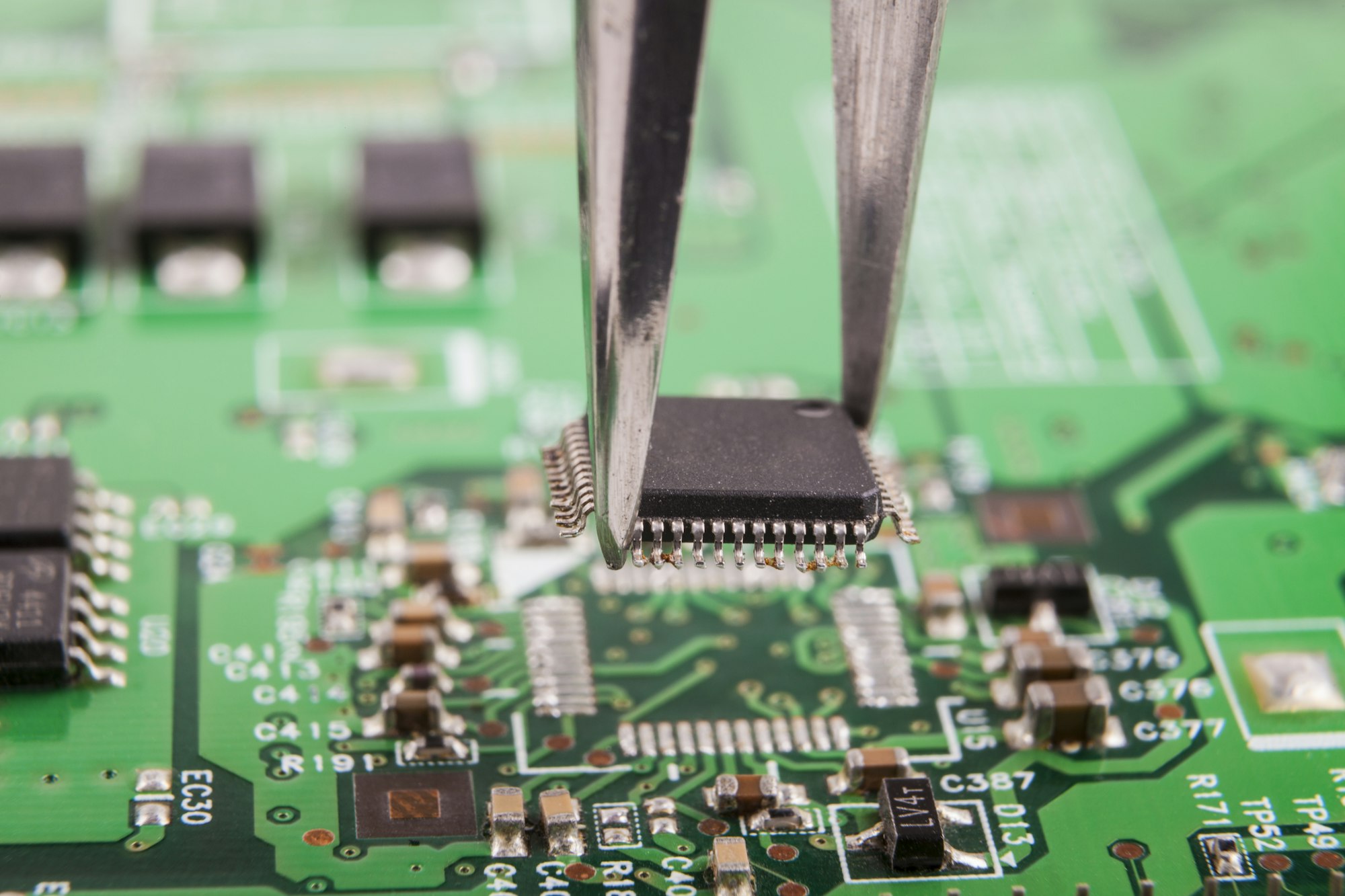Introduction to IC Sockets
Integrated Circuit (IC) sockets are a must-have for any electronics enthusiast. They make it easy to connect IC chips to printed circuit boards (PCBs) and protect the chips from heat damage during soldering. Plus, they let you swap out or upgrade components without having to solder anything.
What is an IC Socket?
An IC socket is a mechanical thingy that holds an integrated circuit (IC) in place, making sure it has a good electrical connection to the PCB. Instead of soldering the IC directly to the board, which can damage the IC, sockets provide a protective barrier. The IC can be inserted and removed without soldering.
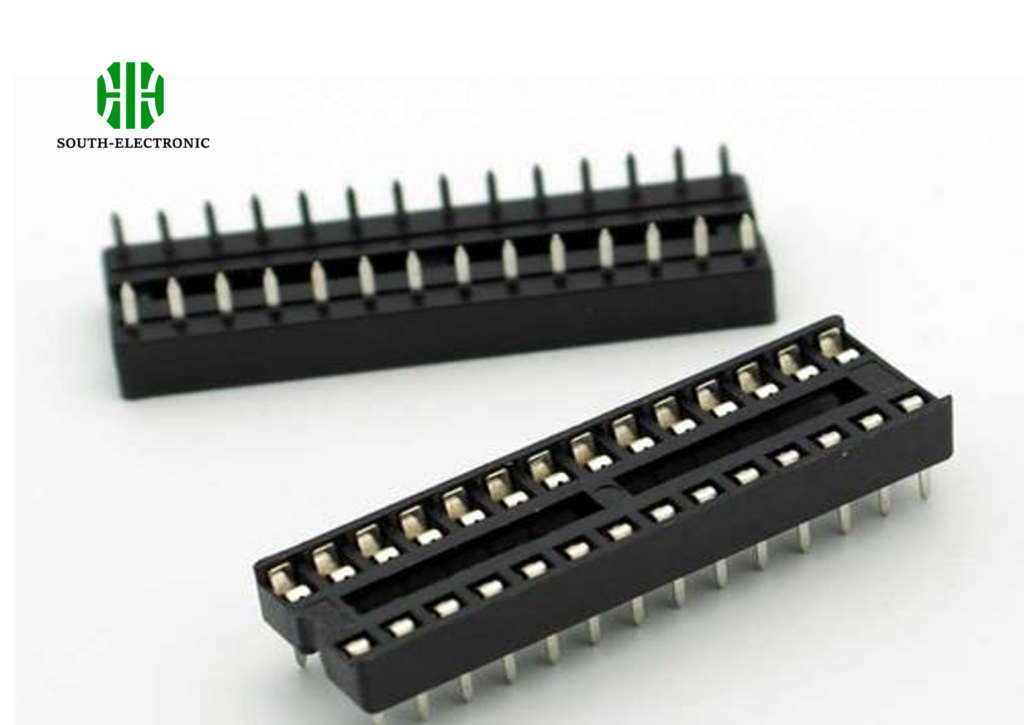
What are the different types of IC sockets?
Dual In-Line (DIL) Sockets
DIL sockets are the most common type, with two rows of pins spaced evenly apart. They are popular because they are simple and reliable.
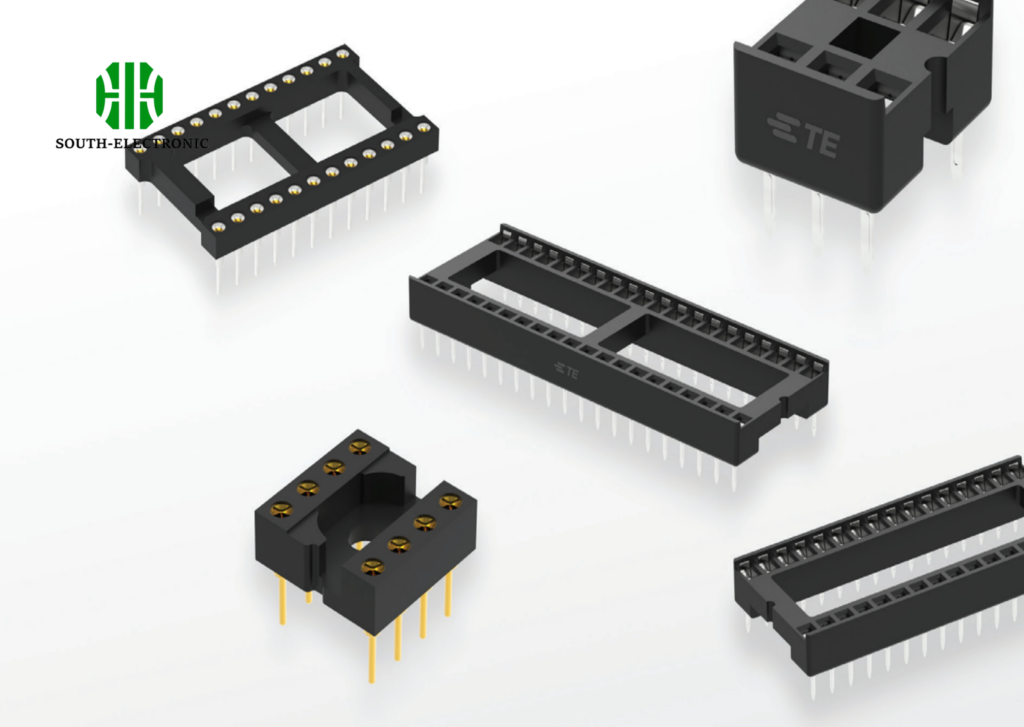
Zero Insertion Force (ZIF) Sockets
ZIF sockets are designed to minimize the force required to insert or remove an IC, reducing the risk of damaging the IC or the socket. They’re commonly used in situations where ICs are frequently swapped.
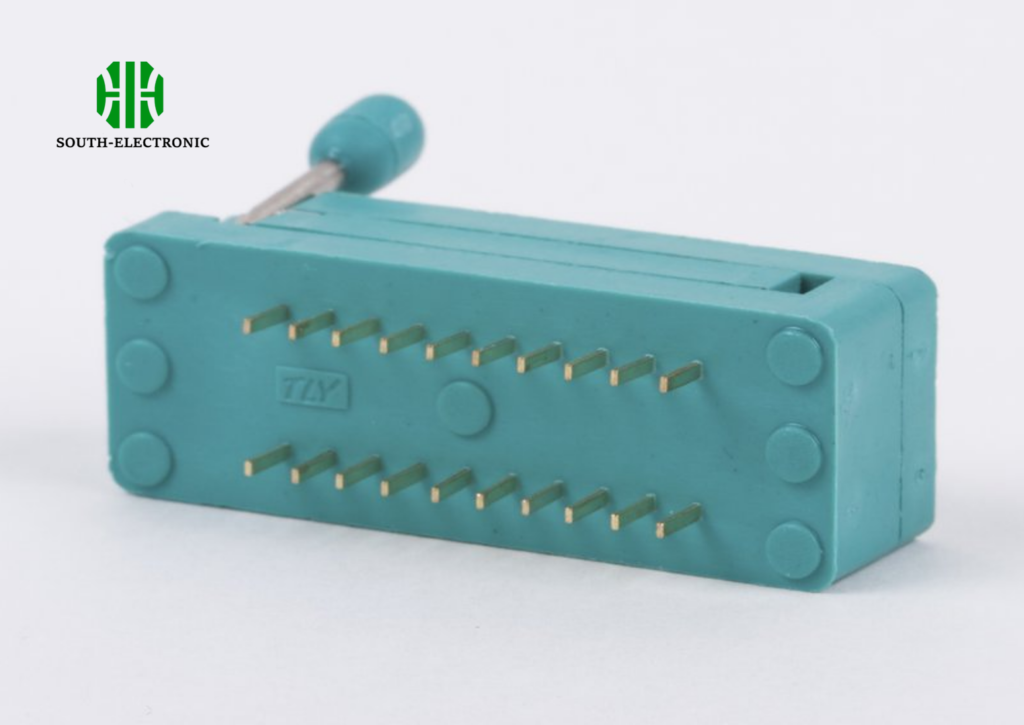
Press-Fit and Right Angle Mount Sockets
Press-fit sockets are solderless and are often used in high-reliability applications. Right angle mount sockets, on the other hand, allow for a different PCB orientation, providing flexibility in design.
Comparison of IC Socket Types
| Socket Type | Features | Common Uses |
|---|---|---|
| DIL | Simple, reliable, dual-row configuration | General-purpose electronics |
| ZIF | Low insertion force, frequent IC changes | Prototyping, testing |
| Press-Fit | No soldering required, high reliability | Automotive, industrial applications |
| Right Angle Mount | Space-saving design, different orientation | Compact devices, specialized layouts |
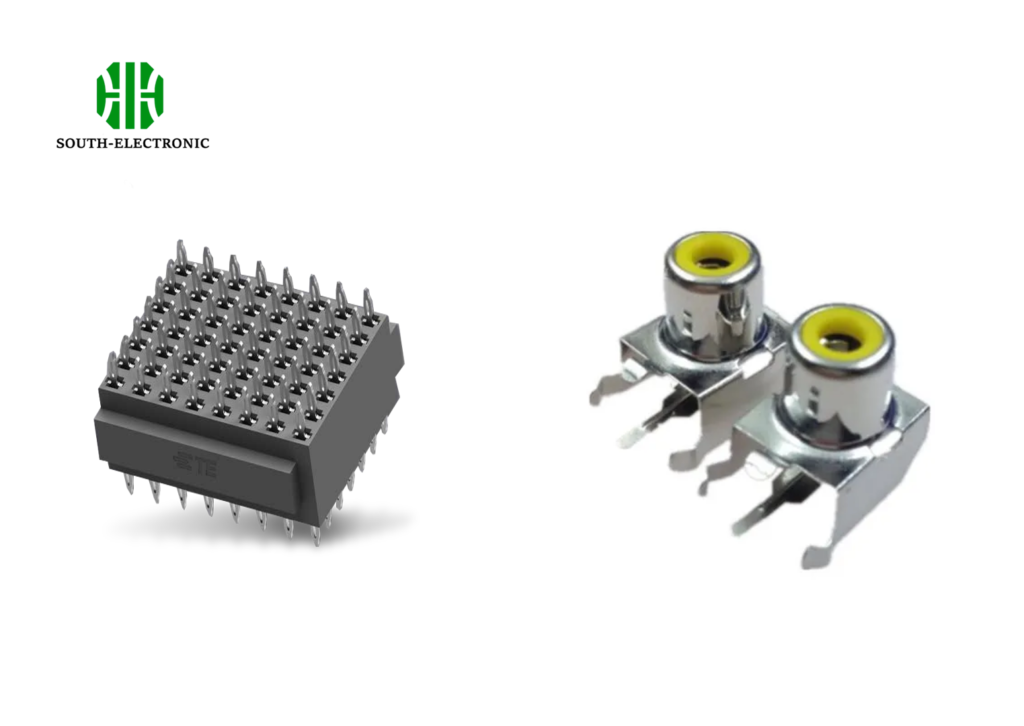
Benefits of Using IC Sockets
IC sockets offer several key advantages:
- Protection from Heat Damage: Sockets prevent direct soldering to ICs, which can be sensitive to heat.
- Ease of Replacement: Damaged ICs can be easily replaced, saving time and reducing the risk of PCB damage.
- Versatility: Ideal for prototyping and testing, allowing for quick changes and adjustments.
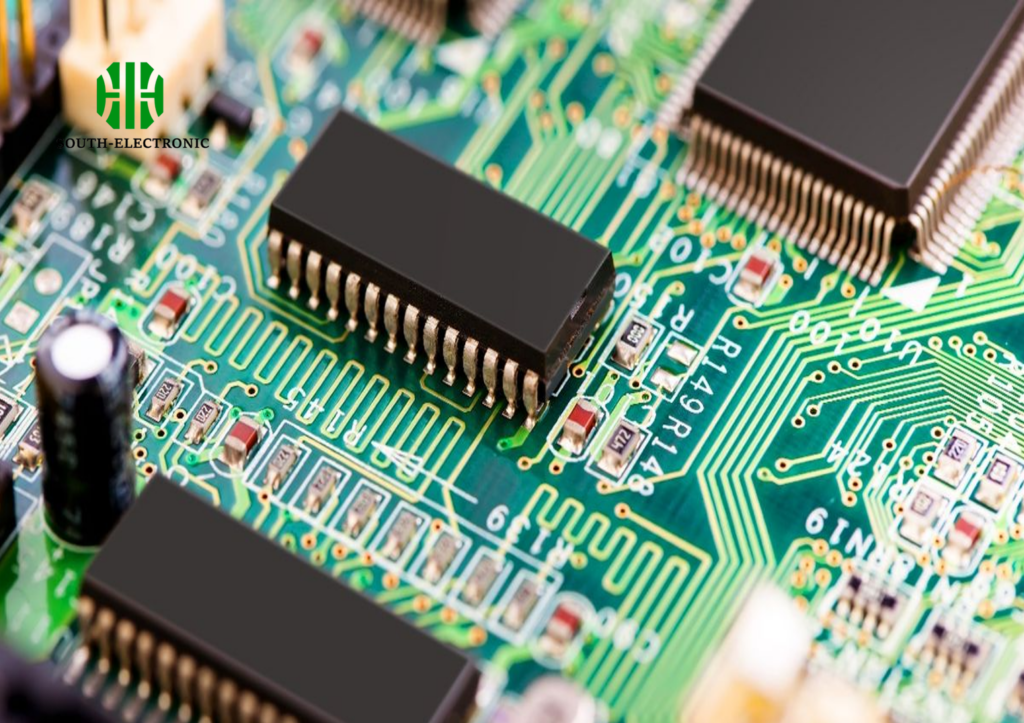
Applications of IC Sockets
IC sockets are used across a wide range of applications, from consumer electronics to industrial machinery. They are particularly useful in devices that may require regular maintenance or upgrades.
Common Applications
- Consumer Electronics: Televisions, radios, and other household devices.
- Computers and Servers: For CPUs and memory modules.
- Industrial Control Systems: Where durability and reliability are critical.
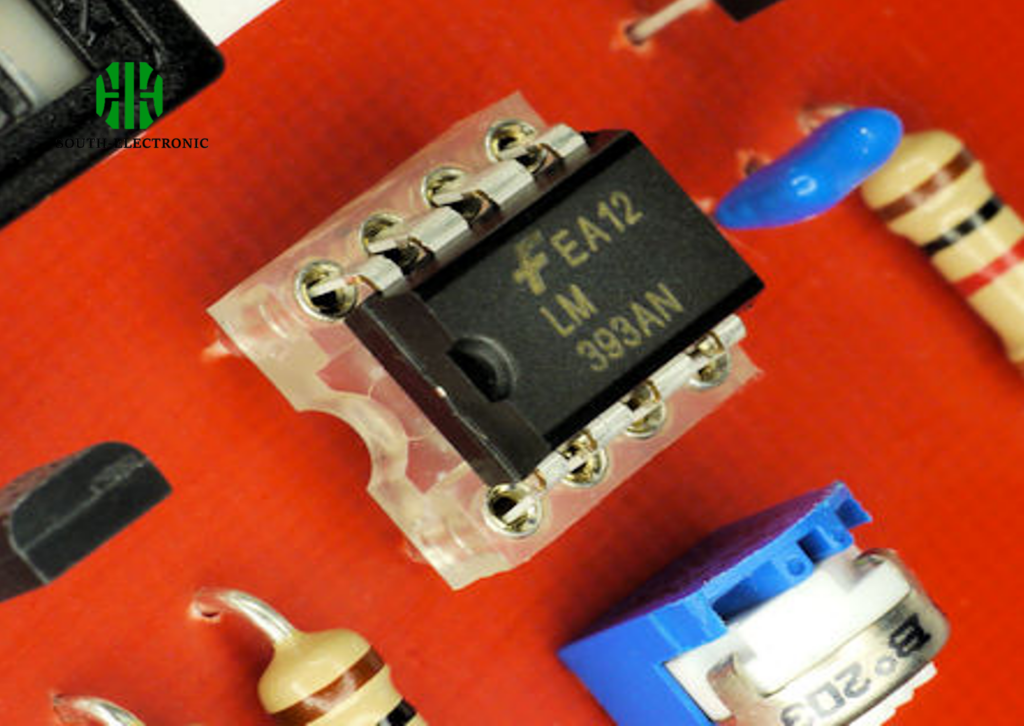
Top IC Socket Manufacturers
Several manufacturers are renowned for their quality IC sockets. Here are a few notable ones:
- Mill-Max: Known for precision-machined sockets.
- TE Connectivity: Offers a wide range of electronic components, including IC sockets.
- Advanced Interconnections: Specializes in customized socket solutions.
Leading IC Socket Manufacturers and Their Specializations
| Manufacturer | Specialization |
|---|---|
| Mill-Max | Precision-machined sockets |
| South-Electronic | Broad range of electronic components |
| Advanced Interconnections | Customized socket solutions |
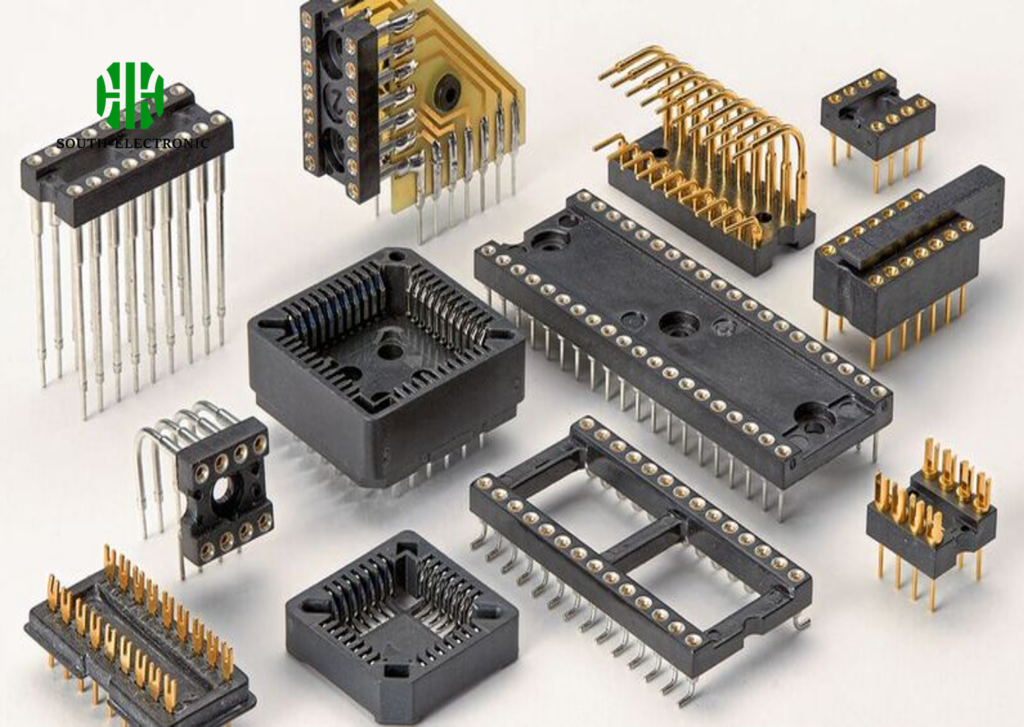
Choosing the Right IC Socket
Selecting the appropriate IC socket involves considering factors like the pin count, the thermal requirements of the IC, and the mechanical durability needed for the application. It’s essential to match the socket type with the specific needs of the project to ensure optimal performance and longevity.
The field of IC sockets is continually evolving, with innovations aimed at improving durability, ease of use, and compatibility with new types of ICs. Future trends may include more eco-friendly materials, advanced thermal management features, and sockets designed for increasingly miniaturized ICs.


